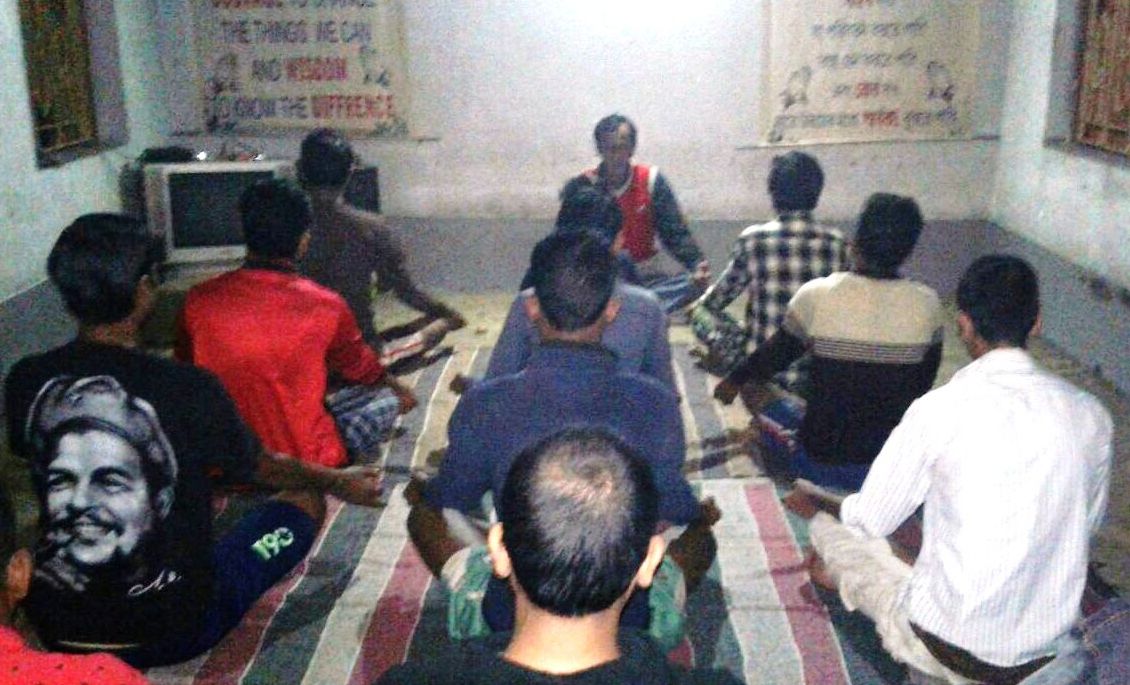Addiction is a formidable foe that can consume one’s life, but there is hope. For those seeking a transformative path to recovery, residential treatment programs offer a beacon of light. A residential treatment program is a comprehensive and immersive approach to healing, providing individuals with a safe, supportive, and structured environment to overcome addiction and reclaim their lives. In this article, we explore the essence and benefits of a residential treatment program and how it serves as a guiding light for those on the path to recovery.
The Residential Treatment Program: A Safe Haven for Recovery:
A Holistic Approach:
Residential treatment programs adopt a holistic approach to recovery, addressing not only the physical aspects of addiction but also the psychological, emotional, and spiritual components. A team of skilled professionals collaborates to design individualized treatment plans that cater to the unique needs of each participant.
24/7 Support and Supervision:
The hallmark of a residential treatment program is its around-the-clock care. Participants reside in a therapeutic community, offering a safe space where they can focus solely on their recovery journey without distractions or temptations from the outside world.
Comprehensive Therapeutic Modalities:
A variety of evidence-based therapeutic modalities are integrated into the program, including individual therapy, group counseling, cognitive-behavioral therapy (CBT), dialectical behavior therapy (DBT), art therapy, and mindfulness practices. These therapeutic approaches empower participants to explore the underlying factors contributing to their addiction and develop healthier coping mechanisms.
Dual Diagnosis and Co-Occurring Disorders:
Many individuals struggling with addiction also face co-occurring mental health disorders. Residential treatment programs adeptly address dual diagnoses, ensuring comprehensive care that tackles both addiction and underlying mental health issues.
Structured Daily Routine:
Structure is vital for those in early recovery. Residential treatment programs establish a well-organized daily routine that includes therapy sessions, recreational activities, healthy meals, and time for introspection. This structured environment aids in building routine and discipline, promoting a sense of stability.
The Healing Environment:
Supportive Community:
In a residential treatment program, participants become part of a supportive community. They connect with peers who share similar struggles, fostering an atmosphere of understanding, empathy, and camaraderie. This sense of belonging reduces feelings of isolation and builds a support system that extends far beyond the program’s duration.
Safe Space for Vulnerability:
The program creates a safe and non-judgmental space where participants can openly express their emotions, fears, and triumphs. This vulnerability fosters healing and encourages participants to confront past traumas and unresolved issues.
Life Skills Training:
Beyond addressing addiction, residential treatment programs equip participants with essential life skills that empower them to thrive in sobriety. These skills include stress management, communication techniques, relapse prevention strategies, and healthy decision-making.
Transition and Aftercare:
Continuum of Care:
A successful residential treatment program includes a thoughtful transition plan. As participants prepare to leave the program, the team works with them to develop an aftercare strategy, which may involve outpatient treatment, sober living arrangements, and ongoing support groups.
Ongoing Support:
A residential treatment program’s support does not end upon completion. Alumni programs and follow-up support ensure that participants continue to receive guidance and encouragement as they reintegrate into their everyday lives.
Conclusion:
A residential treatment program offers much more than a physical place; it provides a transformative experience that rekindles hope, restores lives, and paves the way for a brighter future. By embracing a holistic and compassionate approach to recovery, residential treatment programs empower individuals to break free from the clutches of addiction and discover the strength within themselves to lead a fulfilling, sober life.

